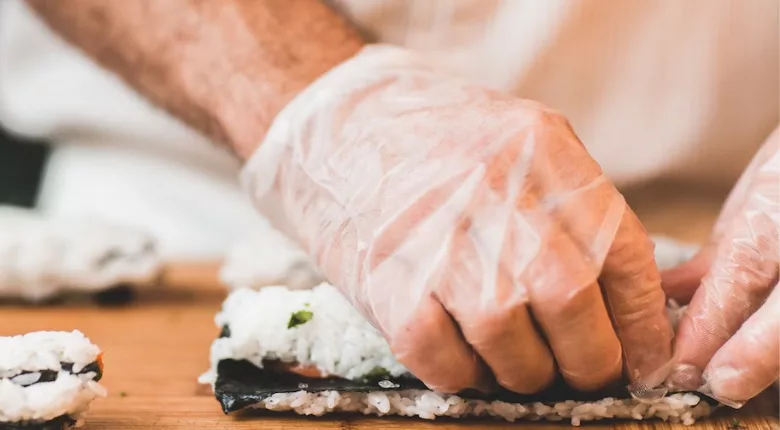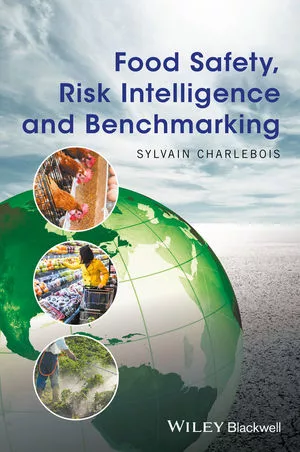Damaged Disposable Gloves Carry Significantly More Risk of Microbial Food Contamination Than Intact Gloves

Image credit: Epicurrence via Unsplash
A recent study of the microbiological profiles of disposable gloves intended for ready-to-eat (RTE) food handling found the presence of bacteria to be much higher on gloves with visible damage than intact gloves, underlining the importance of regular glove changes, especially when damaged.
The study took place in Singapore, where strict regulations and consumer perceptions have encouraged the widespread use of gloves in food handling. A total of fifty food establishments across Singapore were randomly selected for the study. Researchers swabbed the interior and exterior surfaces of disposable gloves used in the participating establishments, which were later tested.
Of the gloves collected, 66 percent were made of polyethylene (PE) and 34 percent were made of polyvinyl chloride (PVC) material. Overall, more than half of the gloves collected showed indication of physical damage. The researchers tested the damaged gloves using the watertight test, which 61 percent of PE and 41 percent of PVC gloves failed. Although PE gloves may be of a more popular option among food handlers due to their lower cost and flexible fit, they may be more prone to damage than PVC gloves and require more regular changes, the researchers suggested.
Microbial testing showed no statistically significant difference between the inner and outer surfaces of the gloves for both damaged and intact gloves. However, analysis showed that gloves with visible damage exhibited significantly higher mean standard plate count (SPC) on both the inner and outer surfaces of the gloves compared to gloves without damage. Additionally, there was significant difference in mean SPC between groups of damaged gloves used to handle different types of food, with damaged gloves used to handle beverages and snacks having significantly lower SPC than damaged gloves used to handle noodles and rice dishes.
Of the inner surfaces of all the gloves tested, none were detected with Listeria, Salmonella, Vibrio cholerae, or Vibrio parahaemolyticus, and for the outer surfaces, none were detected with Salmonella, V. cholera, or V. parahaemolyticus. The presence of Bacillus cereus, Escherichia coli, and Staphylococcus aureus were detected on the inner and outer surfaces of the gloves, with no significant difference between the two. In particular, the amount of B. cereus was much higher on gloves with visible damage than those without.
The researchers stress that, although proper glove use can offer a form of protection against microbiological contamination when handling food, gloves should not replace adequate handwashing.
Looking for quick answers on food safety topics?
Try Ask FSM, our new smart AI search tool.
Ask FSM →








